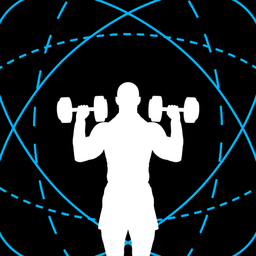How to Avoid Weight Gain over the Holidays
Weight gain over the holidays: expected and normal? Yes. But it isn't unavoidable. Here are 3 tips that'll help keep those numbers under control.
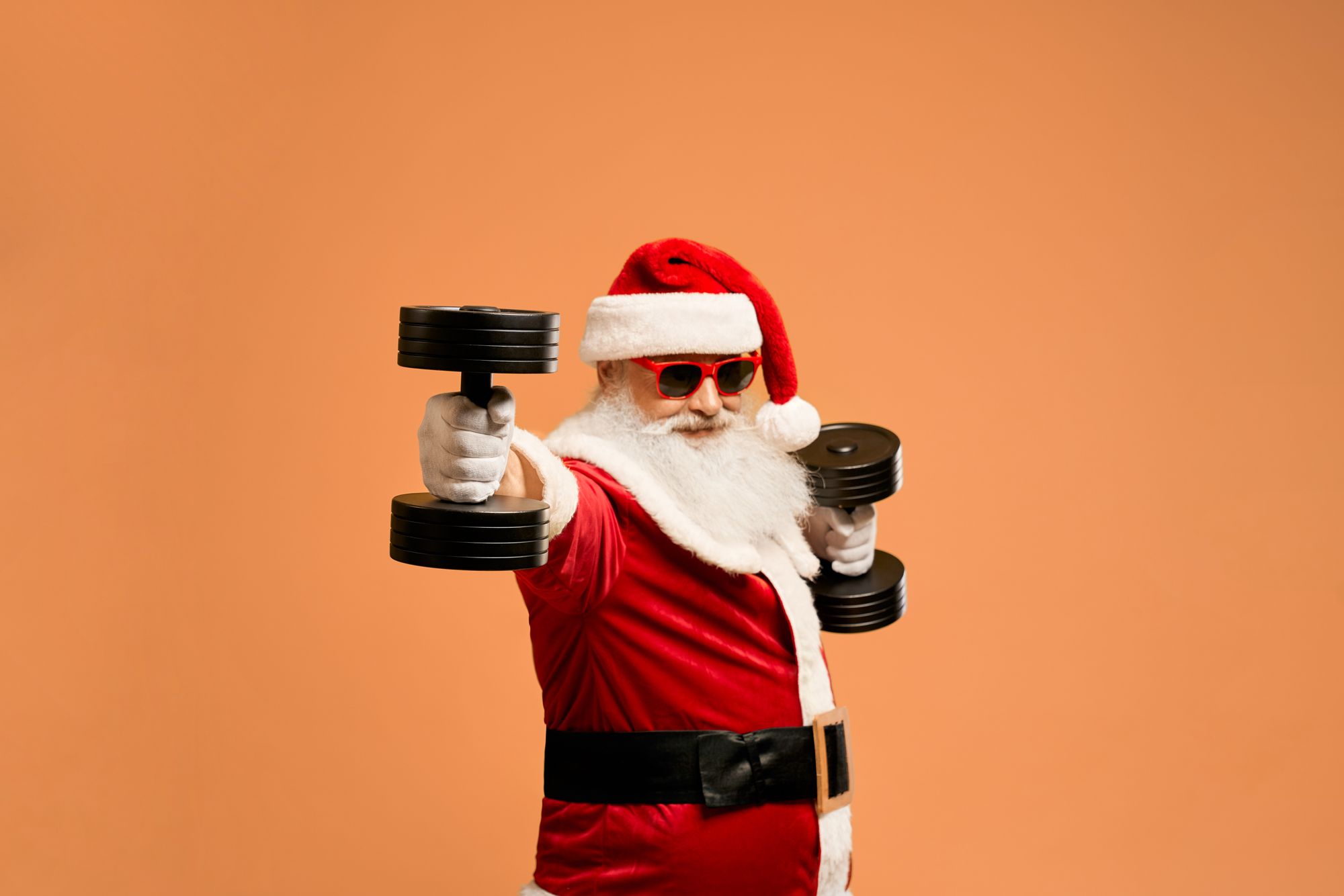
FYI, the original title for this article was "How to avoid weight gain over the ho-ho-holidays", but it:
- Would have probably hurt SEO, which is 👎
- Seemed a little … forced *awkward chuckle*
OK. Back to business. By this time, you've probably just managed to finish the last of your Thanksgiving leftovers.
(Does the mere mention of “turkey” make your insides churn? Hi-five.)
If you thought this meant you could leave all the feasting — and weight gain — behind in your rearview mirror, we've got news for you: *foreboding tone* Christmas is coming.
Roast beef. Pumpkin pie. Christmas pudding.
And, if your family’s as unimaginative as mine, stuffed turkey (yes, again). While that might make weight gain during the holidays seem inevitable, it doesn’t have to be. Here are 3 tips.
#1: Practice mindful eating
Don’t just gulp down the honey-baked ham and mashed potatoes as you would vodka shots at a bachelor/hen party.
Instead, truly take the time to enjoy the food. Practice mindful eating.
It slows you down, which helps decrease your overall calorie consumption by:
- Increasing the number of chews per bite, which research has shown to increase satiety and
- Giving your brain enough time to “register” and respond to the satiety signals sent by the stomach
To practice mindful eating during Christmas dinners:
👀 Pay attention to your food: E.g., tune into your senses when digging into your aunt’s apple pie. What’s the texture of the crust — is it crumbly or flaky? Is the pie piping hot or just-nice warm?
🍴 Rest in between bites: Catch up with your loved ones. Ask how they’re doing. This will physically prevent you from endlessly shoveling food into your mouth.
#2: Be aware of the calorie/macronutrient count
It’s no secret.
Some foods at a Christmas party are better than others — or, at least, when talking about calorie/nutrient density.
In general, to avoid excessive weight gain over holidays, you’d do better with prioritizing satiety-promoting foods that are relatively low in calories.
A good rule of thumb is choosing dishes made with whole, minimally processed ingredients over those with ultra-processed ingredients. For example:
- Any roasted poultry > ham
- Baked ricotta > Christmas cookies
- Roasted cauliflower > store-bought coleslaw
To understand why:
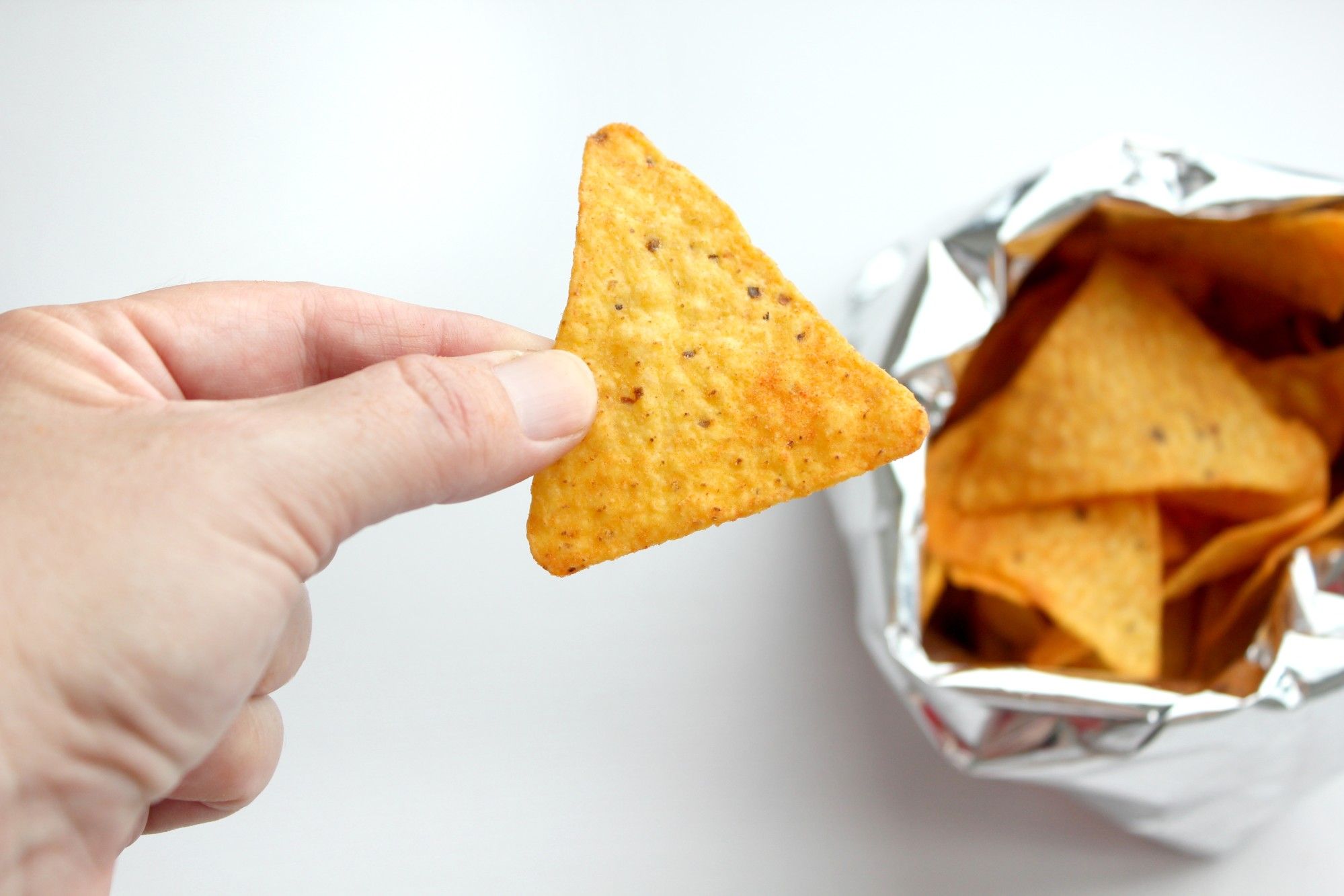
You can also make calorie-wise choices within the same dish, too.
E.g., filling up on turkey breast instead of the thighs could reduce your calorie intake. Tip: skip out on the skin to reduce your energy intake further. Just don't try and mix it with protein in a shake!
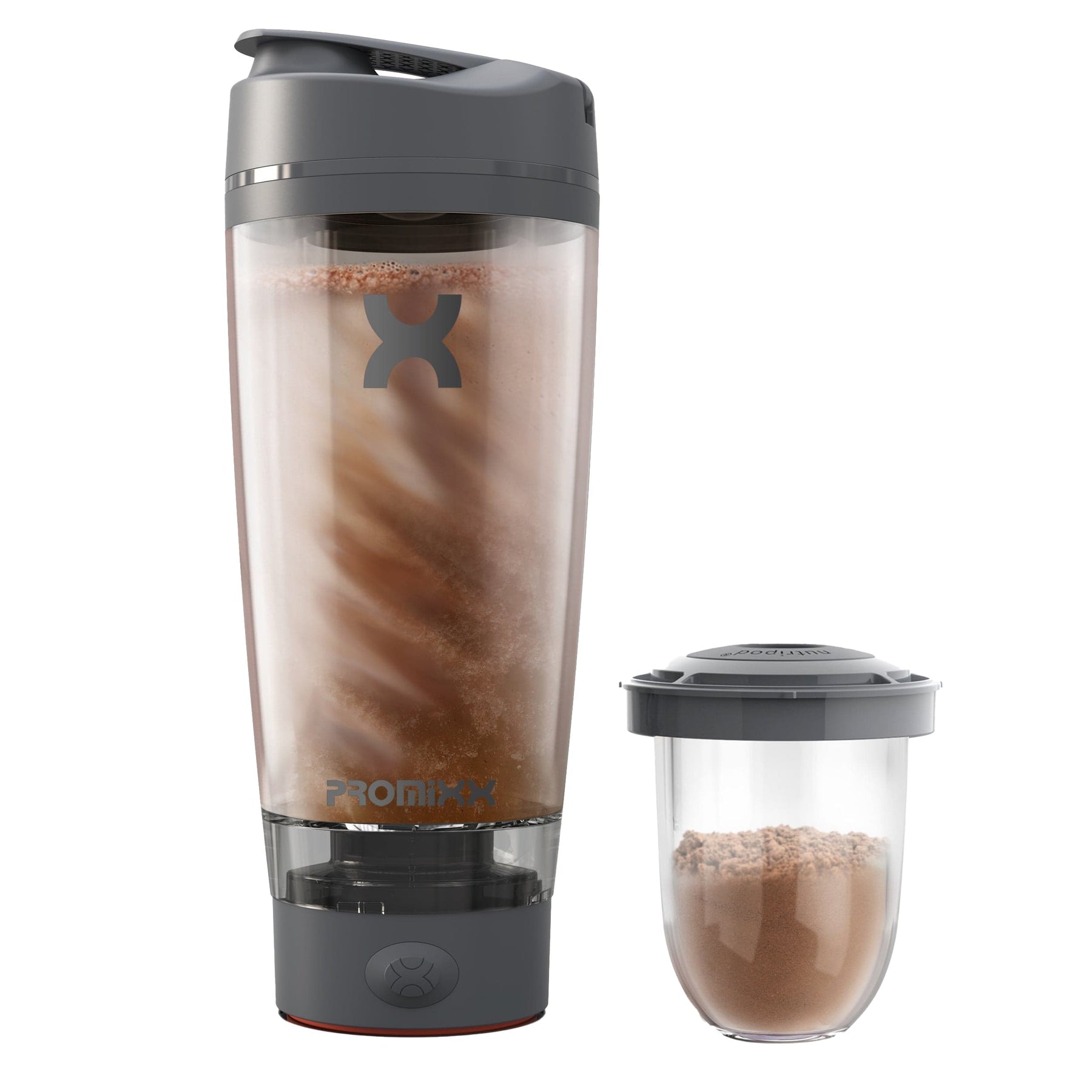
PRO - Love the INNOVATION!
Thanks for this great solution. Mixes great, cleans itself...everything you need all in one place for your protein powders and electrolytes.
Wayne J | ☑️ Verified Buyer - 07/17/23
Disclaimer: this isn’t to say you cannot eat anything you like at Christmas parties.
Instead, the more crucial takeaway here is that you shouldn't go in blind; knowing the rough macronutrient/calorie breakdowns of common Christmas dishes and treats could help you adopt a more "strategic" and balanced approach to eating — one that'll help you enjoy the foods without the usual:
- Overeating, and
- Resulting guilt + regret, and
- Ultimately, excessive weight gain over the holidays
And if you’re looking for more ways to stop yourself from a third helping of Christmas pudding …
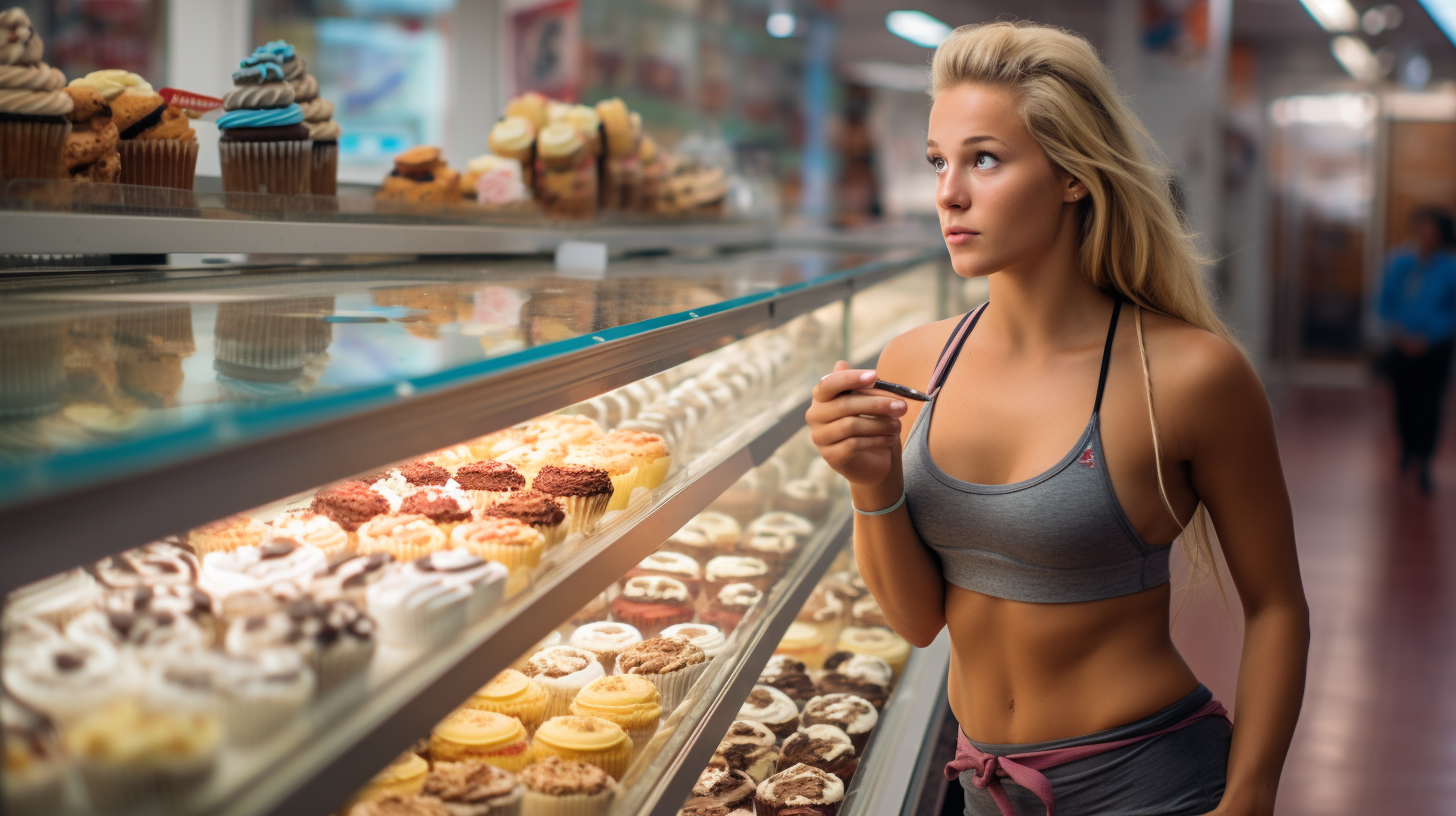
#3: Get plenty of sleep
There’s no work.
And, if you’re like most people, this can make it awfully tempting for you to spend your nights the way you can’t on workdays:
- Playing Counterstrike 2/Minecraft/Fortnite, etc.
- Partying
- Having a movie marathon
… till dawn breaks.
Because, hey, what's the harm of a bit of sleep deprivation? After all, you don't have to wake up refreshed and functioning at your best in the morning.
What’s the harm, you ask?
We’ll tell you: weight gain over the holidays.
Turns out, research shows that even short-term sleep deprivation (i.e., just a day or a few days’ worth) is enough to:
2️⃣ Boost a signal that may increase the hedonic aspect of food intake (the pleasure and satisfaction gained from eating) — potentially making foods “irresistible” to you
3️⃣ Decrease your NEAT and physical activity levels during the day, meaning you don't burn as many calories as you would have typically
Bottom line? Make sure you’re still getting 7 to 9 hours of good-quality sleep nightly over the holidays.
And if you struggle to get enough ZZZs … the following articles might help you out:
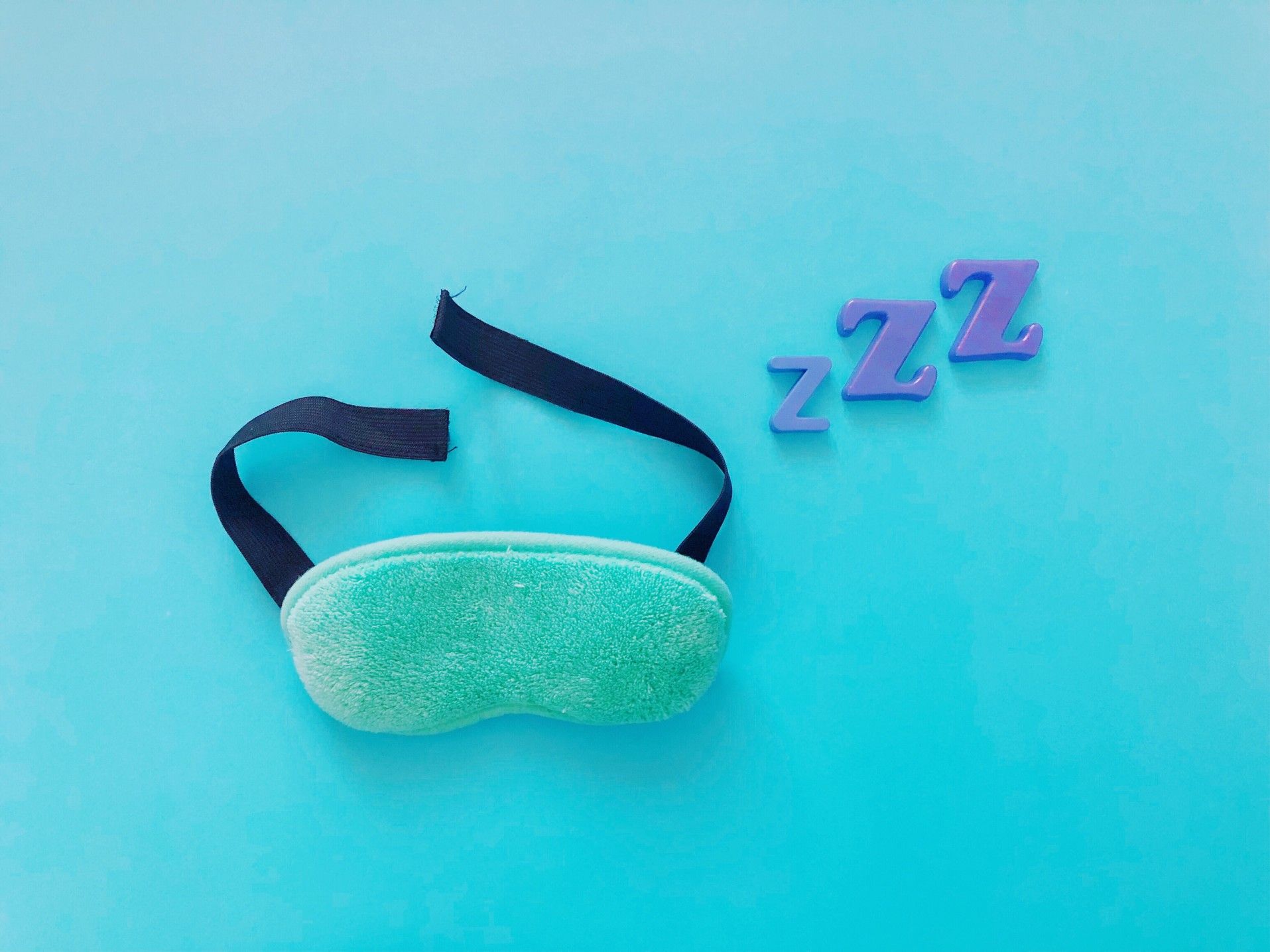
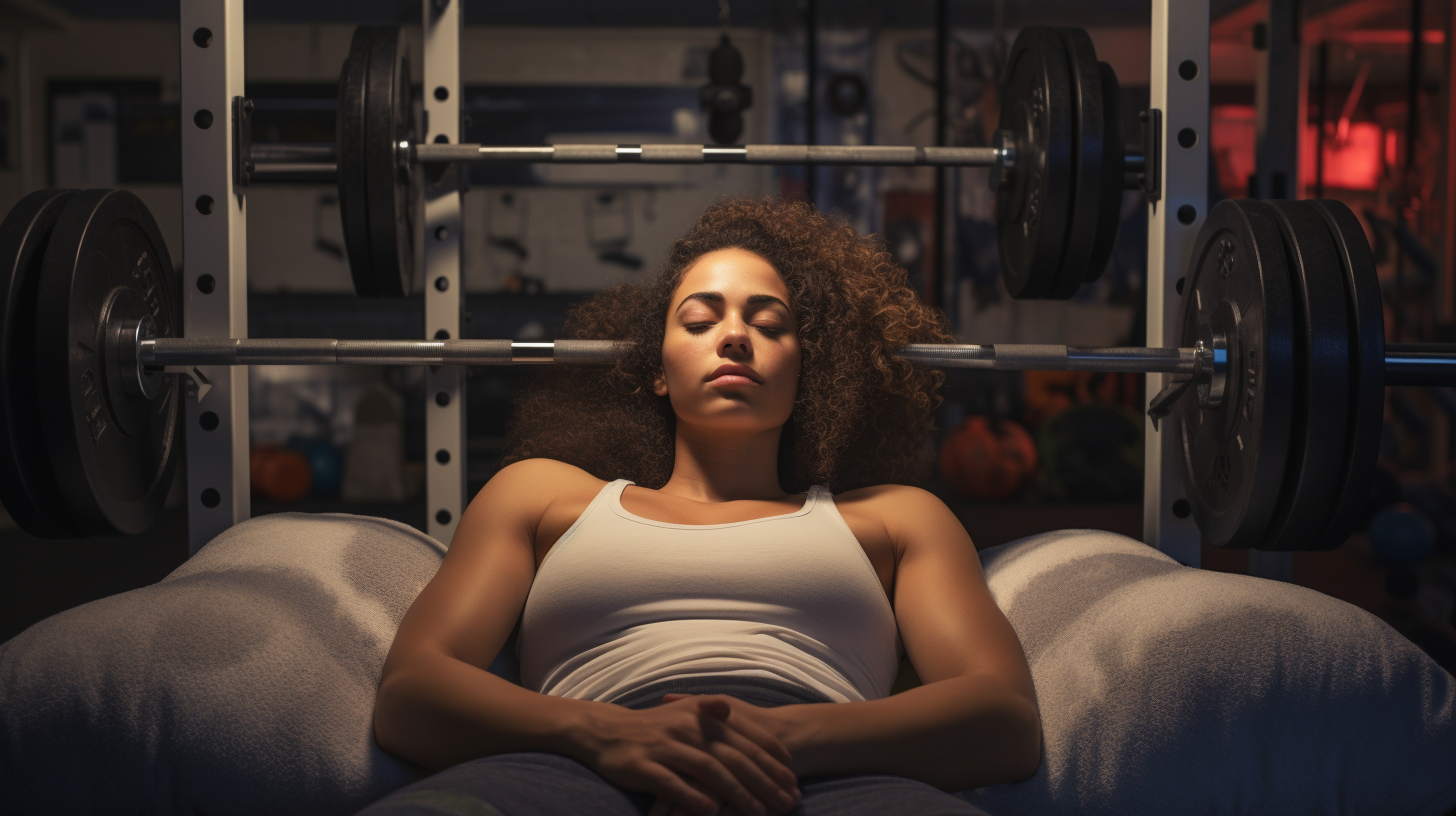
For extra help with avoiding weight gain during the holidays …
Throughout this article, we've only mentioned the importance of controlling or moderating your calorie intake to avoid excessive weight gain over the holidays.
But here’s the truth. It’s not the only way.
We'd highly recommend that you also try to stay physically active during the period because it:
- Helps you burn more calories (potentially “offsetting” your intake)
- Regulates your appetite; this is particularly so for strength training, as it helps you maintain and build muscle mass
- Gives you something else to do other than, well, stuffing your face
But what if you’re new to the whole fitness thing? Or just running low on motivation because of the intense holiday ~vibes~?
Then check out GymStreak.
This smart, AI-powered workout + nutrition planner will tailor your training and diet plan according to your goals and preferences — so you get/stay on track and avoid jingling your way to excessive weight gain over the holidays! (Psst: this means you'll have a head start on those 2024 New Year’s Resolutions! 🎉)
Here's a sneak preview:
Workout Programming + Nutrition Tracking, Off Your Hands
*sigh of relief* We'll guide you through it all — step-by-step. Just download the app, and you'll be making progress toward your dream body like never before.
References
Ahima, Rexford S., and Daniel A. Antwi. “Brain Regulation of Appetite and Satiety.” Endocrinology and Metabolism Clinics of North America, vol. 37, no. 4, Dec. 2008, pp. 811–23. PubMed Central, https://doi.org/10.1016/j.ecl.2008.08.005.
Benedict, Christian, et al. “Acute Sleep Deprivation Enhances the Brain’s Response to Hedonic Food Stimuli: An fMRI Study.” The Journal of Clinical Endocrinology and Metabolism, vol. 97, no. 3, Mar. 2012, pp. E443-447. PubMed, https://doi.org/10.1210/jc.2011-2759.
Hawton, Katherine, et al. “Slow Down: Behavioural and Physiological Effects of Reducing Eating Rate.” Nutrients, vol. 11, no. 1, Dec. 2018, p. 50. PubMed Central, https://doi.org/10.3390/nu11010050.
Kline, Christopher E. “The Bidirectional Relationship between Exercise and Sleep: Implications for Exercise Adherence and Sleep Improvement.” American Journal of Lifestyle Medicine, vol. 8, no. 6, 2014, pp. 375–79. PubMed Central, https://doi.org/10.1177/1559827614544437.
Miquel-Kergoat, Sophie, et al. “Effects of Chewing on Appetite, Food Intake and Gut Hormones: A Systematic Review and Meta-Analysis.” Physiology & Behavior, vol. 151, Nov. 2015, pp. 88–96. PubMed, https://doi.org/10.1016/j.physbeh.2015.07.017.
van Egmond, Lieve T., et al. “Effects of Acute Sleep Loss on Leptin, Ghrelin, and Adiponectin in Adults with Healthy Weight and Obesity: A Laboratory Study.” Obesity (Silver Spring, Md.), vol. 31, no. 3, Mar. 2023, pp. 635–41. PubMed, https://doi.org/10.1002/oby.23616.


